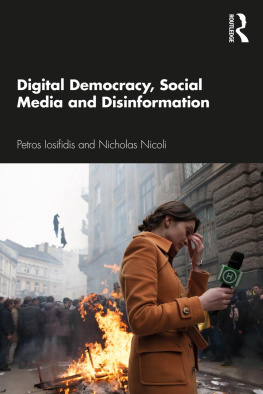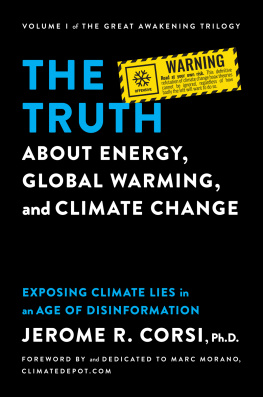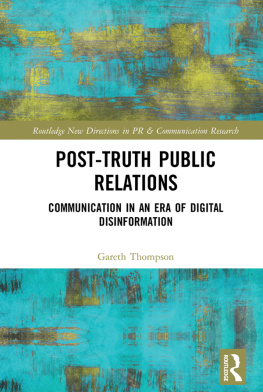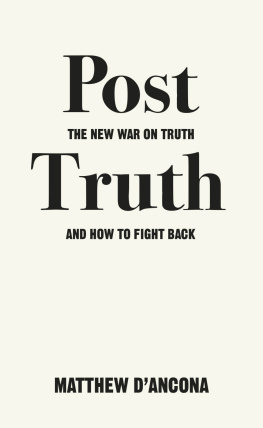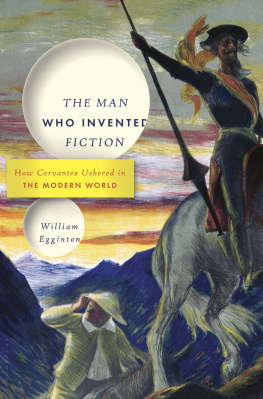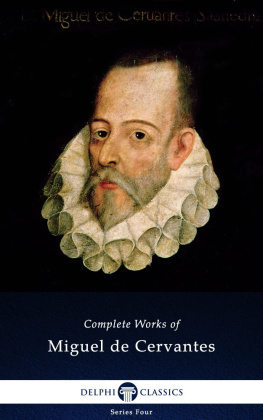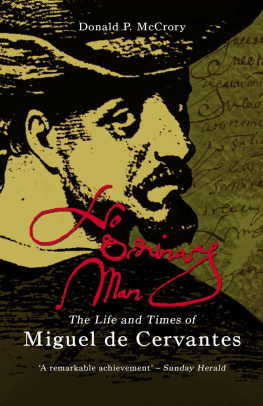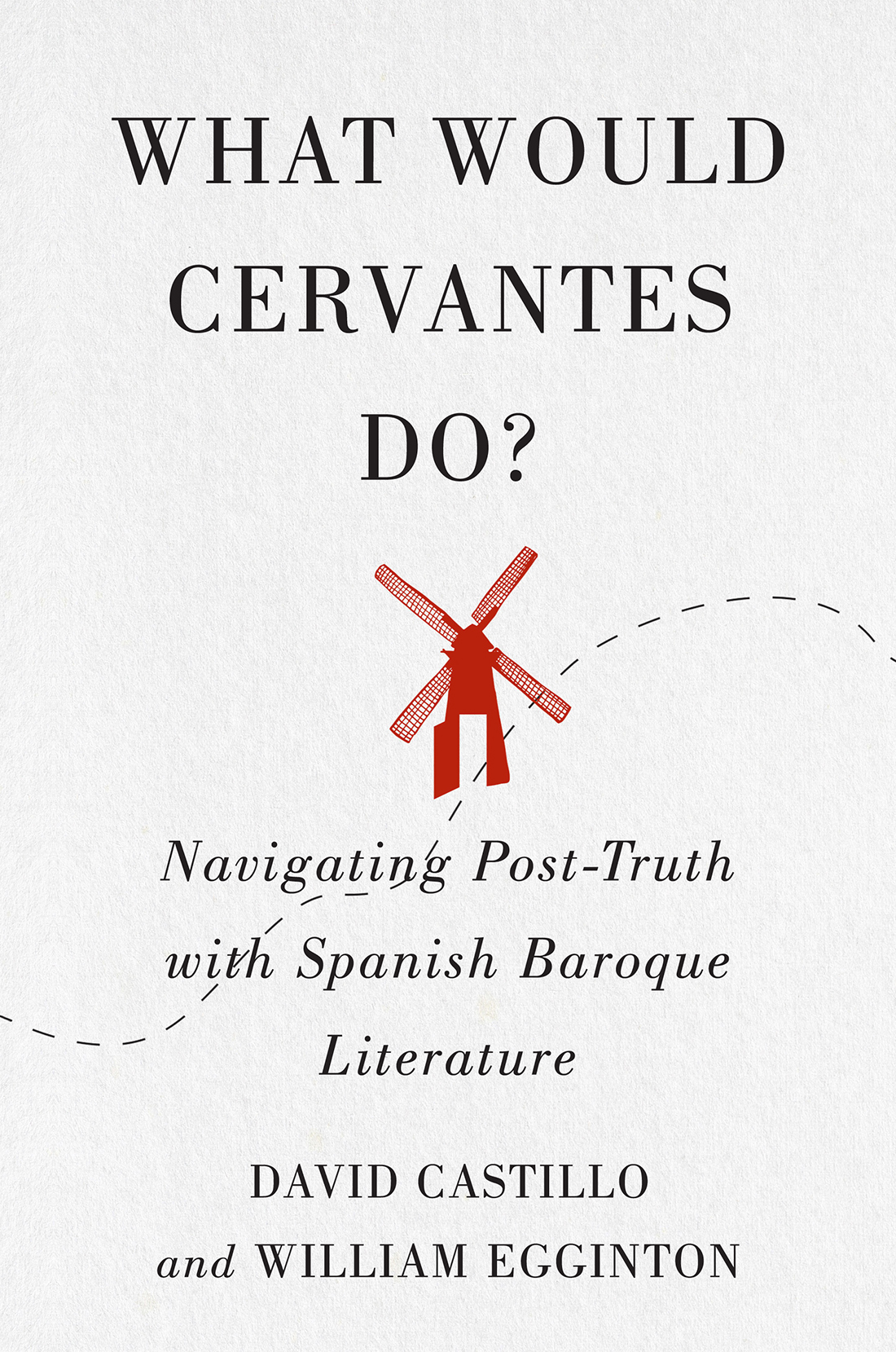WHAT WOULD CERVANTES DO?
McGill-Queens Iberian and Latin American Cultures Series
SERIES EDITOR: NICOL S FERN NDEZ-MEDINA
The McGill-Queens Iberian and Latin American Cultures Series is committed to publishing original scholarship that explores and re-evaluates Iberian and Latin American cultures, connections, and identities. Offering diverse perspectives on a range of regional and global histories from the early modern period to twenty-first-century contexts, the series cuts across disciplinary boundaries to consider how questions of authority, nation, revolution, gender, sexuality, science, epistemology, avant-gardism, aesthetics, travel, colonization, race relations, religious belief, and media technologies, among others, have shaped the rich and complex trajectories of modernity in the Iberian Peninsula and Latin America.
The McGill-Queens Iberian and Latin American Cultures Series promotes rigorous scholarship and welcomes proposals for innovative and theoretically compelling monographs and edited collections.
Populism and Ethnicity
Peronism and the Jews of Argentina
Raanan Rein
Translated by Isis Sadek
What Would Cervantes Do?
Navigating Post-Truth with Spanish Baroque Literature
David Castillo and William Egginton
What Would Cervantes Do?
Navigating Post-Truth
with Spanish Baroque Literature
DAVID CASTILLO
and
WILLIAM EGGINTON
McGill-Queens University Press
Montreal & Kingston London Chicago
McGill-Queens University Press 2022
ISBN 978-0-2280-0814-9 (cloth)
ISBN 978-0-2280-0815-6 (paper)
ISBN 978-0-2280-0930-6 (e PDF )
ISBN 978-0-2280-0931-3 (e PUB )
Legal deposit first quarter 2022
Bibliothque nationale du Qubec
Printed in Canada on acid-free paper that is 100% ancient forest free
(100% post-consumer recycled), processed chlorine free
Library and Archives Canada Cataloguing in Publication
Title: What would Cervantes do?: navigating post-truth with
Spanish Baroque literature / David Castillo and William Egginton.
Names: Castillo, David R., 1967 author. | Egginton, William, 1969 author.
Series: McGill-Queens Iberian and Latin American cultures series; 2.
Description: Series statement: McGill-Queens Iberian and Latin American
cultures series; 2 | Includes bibliographical references and index.
Identifiers: Canadiana (print) 2021030166 X | Canadiana ( ebook )
20210306009 | ISBN 9780228008156 (softcover) | ISBN 9780228008149
(hardcover ) | ISBN 780228009306 ( PDF ) | ISBN 9780228009313 ( e PUB )
Subjects: LCSH : Cervantes Saavedra, Miguel de, 15471616Criticism
and interpretation. | LCSH : Truthfulness and falsehood. | LCSH :
Truthfulness and falsehood in literature. | LCSH : Fake news. | LCSH :
Mass mediaObjectivity. | LCSH : Information literacy. | LCSH :
Spanish literatureClassical period, 15001700History and criticism.
Classification: LCC PQ 6351 . C 37 2022 | DDC 863/.3dc23
This book was typeset by Marquis Interscript.
Contents
Acknowledgments
We owe a profound debt of gratitude to all those who have responded to our work and whose own work we have read with such pleasure and to such personal benefit, including but certainly not limited to Mercedes Alcal-Galn, Palmar lvarez-Blanco, Luis Avils, Mindy Bada, Julio Baena, Marina Brownlee, Bruce Burningham, Anthony Cascardi, Moiss Castillo, Crystal Chemris, William Childers, Robert Davidson, Fred de Armas, Julia Domnguez, Javier Domnguez Garca, the late Edward Dudley, the late David Foster, Edward Friedman, Timothy Frye, Charles Ganelin, Bonnie Gasior, Michael Gerli, Stephen Hessel, David Hildner, Steven Hutchinson, the late Carroll Johnson, Ana Laguna, Massimo Lollini, Howard Mancing, Michael Marder, Adrienne Martn, Lus Martn-Estudillo, Leah Middlebrook, Alberto Moreiras, Carmen Moreno-Nuo, John Mowitt, Jess Muoz Merchn, Bradley Nelson, Andrea Prez Mukdsi, Brian Phillips, Amanda Powell, Adriana Primo-Mckinley, Chris RayAlexander, Thomas Regele, Nieves Romero Daz, Marcella Salvi, Eva Santos Garca, Rachel Schmidt, Barbara Simerka, Fernando Simn Abad, David Souto Alcalde, Nicholas Spadaccini, Luis Verano, Patricia Vieira, Lisa Vollendorf, Julian Weiss, Amy Williamsen, Kari Winter, and Santiago Zabala. Special thanks are owed to Troy Tower for his eagle eyes and editorial skills in helping us prepare the final manuscript.
We also owe our thanks to the journals, book series, and essay collections from which we have adapted some portions of this work as we were writing it. These include David Castillo, Not Your Fathers Classroom: Looking Back at the Golden Age through the Lens of the #MeToo Movement, in Reconsidering Early Modern Spanish Literature through Mass and Popular Culture: Contemporizing the Classics in the Classroom , ed. Mindy Badia and Bonnie Gasior (Juan de la Cuesta, 2021); David Castillo, Clarividencia tangencial y excentricidad en El licenciado Vidriera : nueva interpretacin de un motivo clsico, in Estas primicias del ingenio. Jvenes cervantistas en Chicago , ed. Francisco Caudet and Kerry Wilks (Castalia, 2003); David Castillo, Literature to the Rescue! A Cervantine Survival Kit for the Post-Truth Age, Cervantes 40, no. 1 (2020); David Castillo, Monumental Landscapes in the Society of the Spectacle: From Fuenteovejuna to New York, in Spectacle and Topophilia: Reading Early Modern and Postmodern Hispanic Cultures , ed. David Castillo and Bradley Nelson (Vanderbilt University Press, 2012); David Castillo and William Egginton, The Screen Behind the Screen: A Penultimate Response to a Polemical Companion, in A Polemical Companion to Medialogies, ed. Bradley Nelson and Julio Baena, Hispanic Issues On Line 8 (2017); David Castillo and William Egginton, The Apocalypse Will Not Be Televised! Baroque Lessons in Apocalypticism, Demagoguery, and Reality Literacy, in Writing in the End Times: Apocalyptic Imagination in the Hispanic World , ed. David Castillo and Bradley Nelson, Hispanic Issues On Line 23 (2019); David Castillo and William Egginton, All the Kings Subjects: Honor in Early Modernity, Romance Languages Annual 6 (1995); David Castillo and William Egginton, The Rules of Chanfallas Game, Romance Languages Annual 6 (1995); David Castillo and William Egginton, Hispanism(s) Briefly: A Reflection of the State of the Discipline, in Debating Hispanic Studies: Reflections on Our Disciplines , ed. Lus Martn-Estudillo and Nicholas Spadaccini, Hispanic Issues On Line 1 (2006); David Castillo and William Egginton, Cervantess Treatment of Otherness, Contamination, and Conventional Ideals in Persiles and Other Works, in Si ya por atrevido no sale con las manos en la cabeza: el legado potico del Persiles cuatrocientos aos despus , ed. Mercedes Alcal Galn, Antonio Cortijo Ocaa, and Francisco Layna Ranz, eHumanista / Cervantes 5 (2016) (reprinted in Cervantes Persiles and the Travails of Romance , ed. Marina Brownlee [Toronto: University of Toronto Press, 2019]); David Castillo and Bradley Nelson, Introduction: The Poetics and Politics of Apocalyptic Discourses, in Writing in the End Times: Apocalyptic Imagination in the Hispanic World , ed. David Castillo and Bradley Nelson, Hispanic Issues On Line 23 (2019); William Egginton, The Art of Fiction and Political Lies, Baltimore Sun , 26 January 2016; William Egginton, Theres No Such Thing as Reality (and Its a Good Thing Too!), LA Review of Books , 10 November 2016; and William Egginton, The Revenge of the Middle Class, Arcade: Literature, the Humanities & the World , 13 January 2012.
WHAT WOULD CERVANTES DO?
PROLOGUE
The Deadly Devolution of Language
In 2015, then American presidential candidate Donald Trump explained how he felt about his words in the midst of a campaign rally in South Carolina: I know words; I have the best words.


